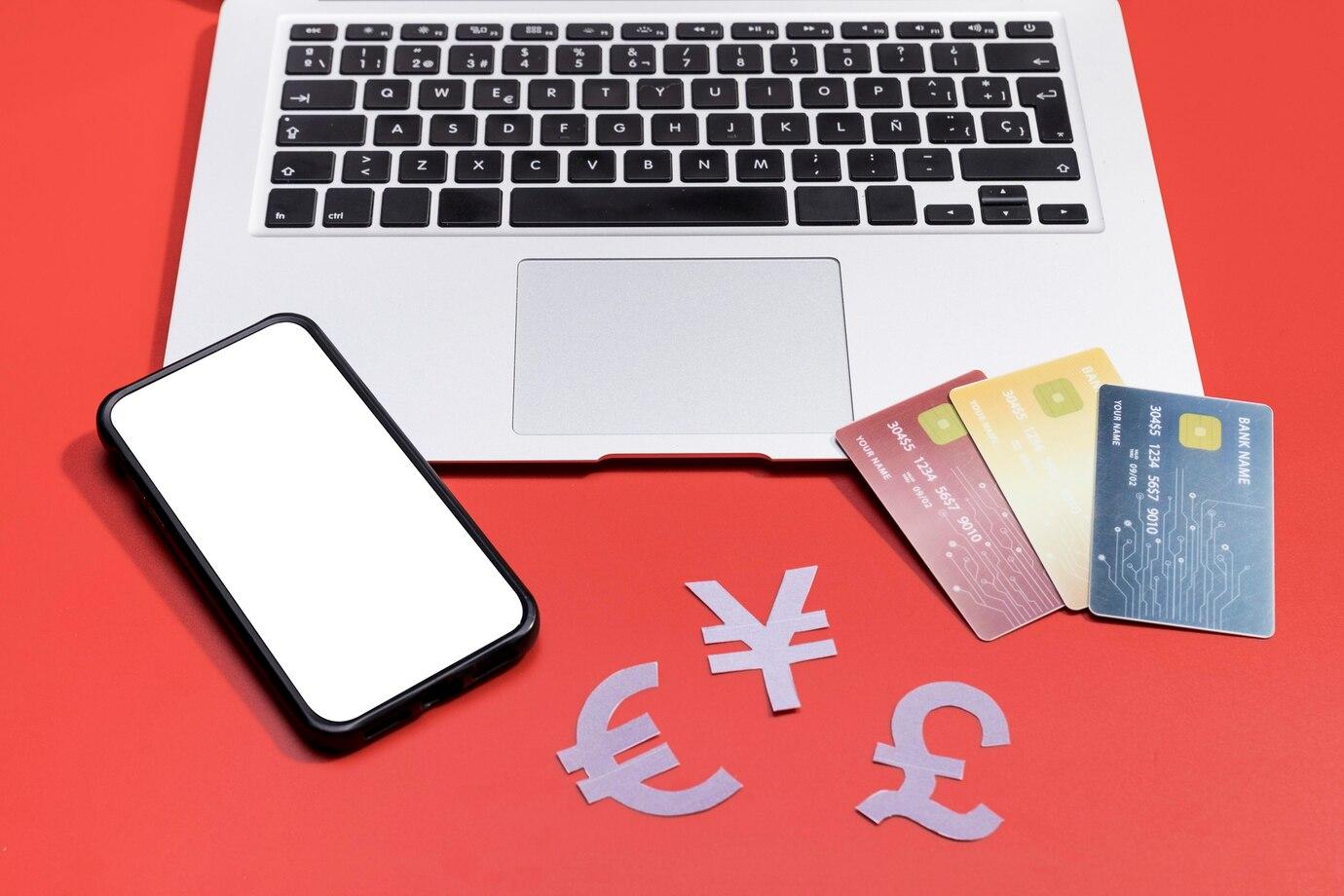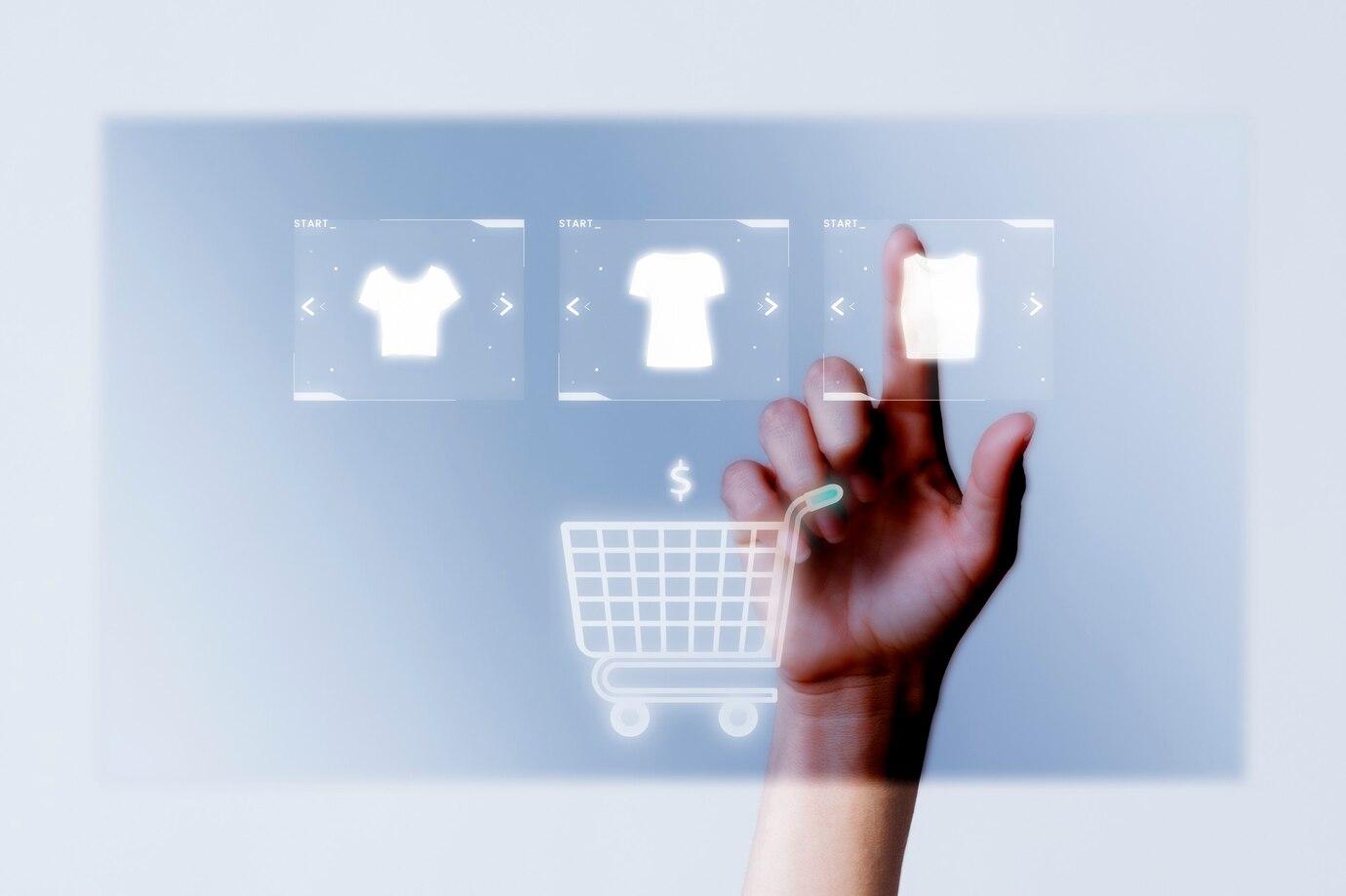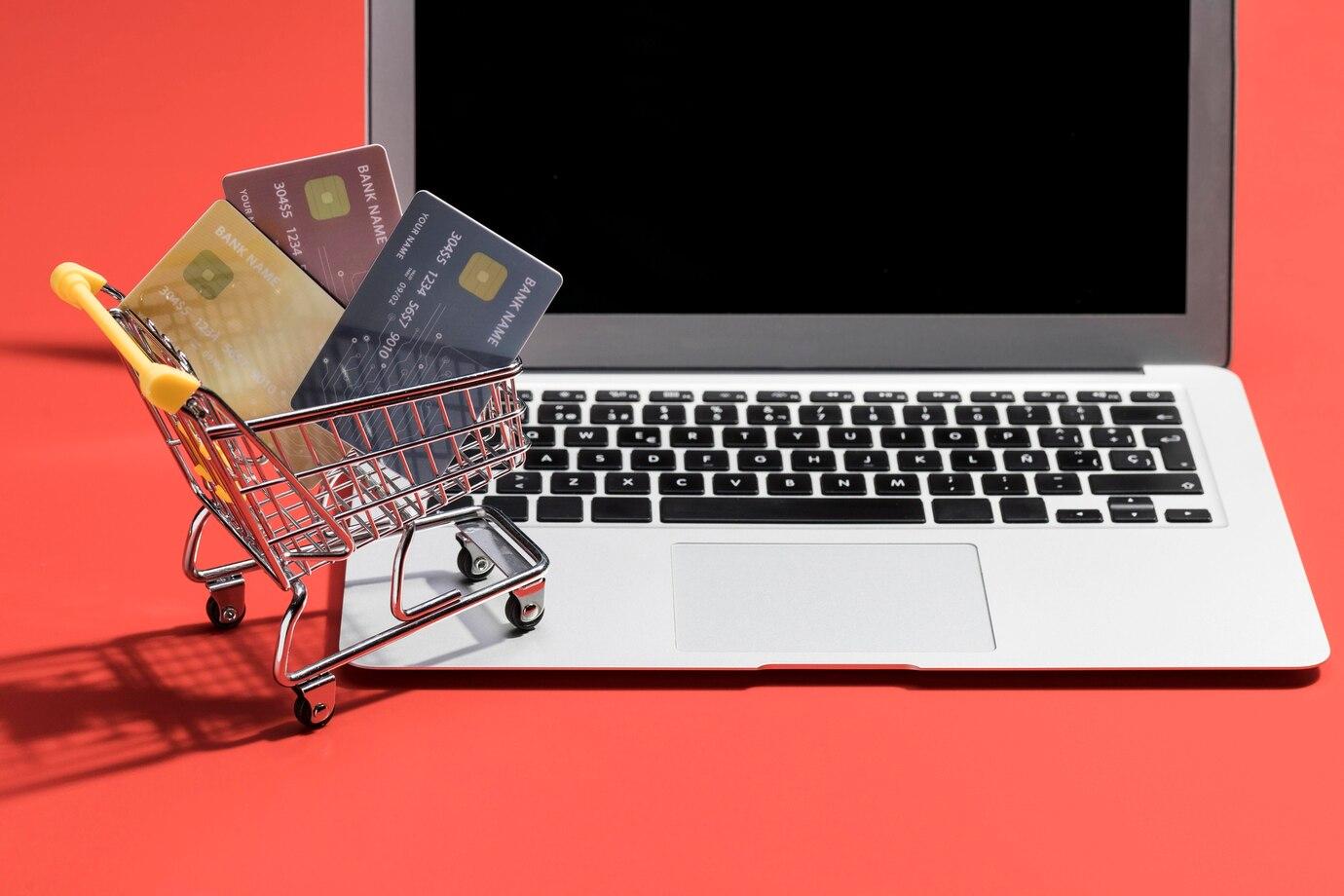In recent years, the number of people making purchases online has significantly increased. International online platforms such as Amazon, eBay, Aliexpress, and many others are becoming more popular due to the wide range of products and convenience of shopping. However, with the increase in the number of users, the risk of financial fraud also increases.
Fraud on Marketplaces
Online marketplaces attract millions of buyers from around the world. However, they are also an attractive target for fraudsters. Sellers on such platforms can use unverified schemes of deception. For example, creating fake accounts and listing products at low prices can attract the attention of inexperienced buyers. Such fraudsters often ask for prepayment and disappear with the money, without ever sending the product.
Some sellers may post photos of non-existent products or use someone else's images. As a result, the purchase turns out to be not only unsatisfactory but also potentially dangerous for finances.
Deception in Overseas Purchases
When buying goods abroad, buyers face many risks. One of them is the lack of physical contact with the product before purchase. This makes it difficult to verify the quality and authenticity of the products. In most cases, situations may arise where the advertised product does not match what was sent.
Another aspect is the difference in legislation. This means that returning or exchanging a product can be a difficult process, and the financial consequences often remain the buyer's responsibility.

Fake Sellers on AliExpress
AliExpress is one of the popular platforms for shopping from China. Despite the wide selection and low prices, users face the risk of buying from fake sellers. On this site, it is possible to list products of various quality and authenticity, making AliExpress attractive to fraudsters.
Purchases from unscrupulous sellers can lead to receiving counterfeits or poor-quality products. Some sellers use cunning schemes, such as selling generated reviews or other methods of boosting reputation. Ultimately, this creates a false impression of the quality of products.
Risks of Shopping on Foreign Websites
When buying goods on foreign websites, it is important to consider not only the risks of fraud but also potential disruptions in product supply. In many cases, the delivery times stated on the site may not correspond to reality. Bureaucratic restrictions and customs issues can also lead to long waits.
Additionally, it is worth noting that currency fluctuations can significantly affect the final cost of the product. Every change in the exchange rate can lead to the price of the product rising after the order is placed. This affects purchasing power, especially when it comes to Bitcoin or other cryptocurrencies.

How to Avoid Fraudsters in E-commerce
Preventing fraud in e-commerce is a task that requires a conscious approach. One of the first steps is to thoroughly check the seller. It is important to study customer reviews, familiarize yourself with the range of services provided, and verify the authenticity of contact information. Trust in the seller can be confirmed by their rating level and the number of successfully completed transactions.
It is also necessary to be cautious with offers that seem too good to be true. Promotions and discounts may turn out to be a trap for luring buyers into unfavorable purchase conditions.
Purchasing through secure platforms and using safe payment methods also helps reduce the risk of fraud. It is recommended to use credit cards that offer purchase protection and avoid direct money transfers.
Counterfeit Goods from International Platforms
Every year, the number of counterfeits on international trading platforms increases. Sellers use the names of well-known brands to sell low-quality copies. At the same time, buyers often cannot distinguish the original from the fake. Fake goods can cause not only financial damage but also harm health. This is especially relevant for counterfeits concerning electronics and products intended for children. Awareness of the full responsibility for such purchases repeatedly confirms the need for thorough verification of sellers and products.

Scams on Global Marketplaces
E-commerce continues to evolve, and fraud is also becoming more sophisticated. While fraudsters initially acted more primitively, they now use various methods and schemes to deceive the buyer. For example, using disguised autobots to generate product reviews or creating fake pages with advertising that looks real.
In addition, the scheme known as "wire transfer" - an opportunity where the buyer sees a product for sale, but behind it is a fake seller. They receive prepayment, but the product is never sent.
Secure Payments in Online Shopping
When making purchases online, only secure payment methods should be used. This includes systems that offer fraud protection and refunds in case of problems.
Popular platforms, such as PayPal, provide additional buyer protection services. Furthermore, two-factor authentication verification is often another way to enhance security.
Fraud Schemes in Online Stores
Modern online stores can become victims of various fraud schemes targeting users and their funds.
- Phishing - an attempt to obtain personal data, such as passwords and credit card numbers, through fake websites or messages.
- Payment aggregation. Fraudsters offer payment processing services but act as invisible intermediaries.
- False sales. Scammers may offer a range of products at attractive prices.
Before deciding to make a purchase, it is always useful to check the reliability of the seller.

Conclusions
Thus, the risks of financial fraud when shopping on international online platforms are a relevant topic for modern consumers. Shopping abroad can lead to various problems, including receiving counterfeits and the inability to return the product.
To reduce risks, it is necessary to thoroughly check the reliability of sellers, use secure payment methods, and remain vigilant when familiarizing yourself with offers.
 >
>